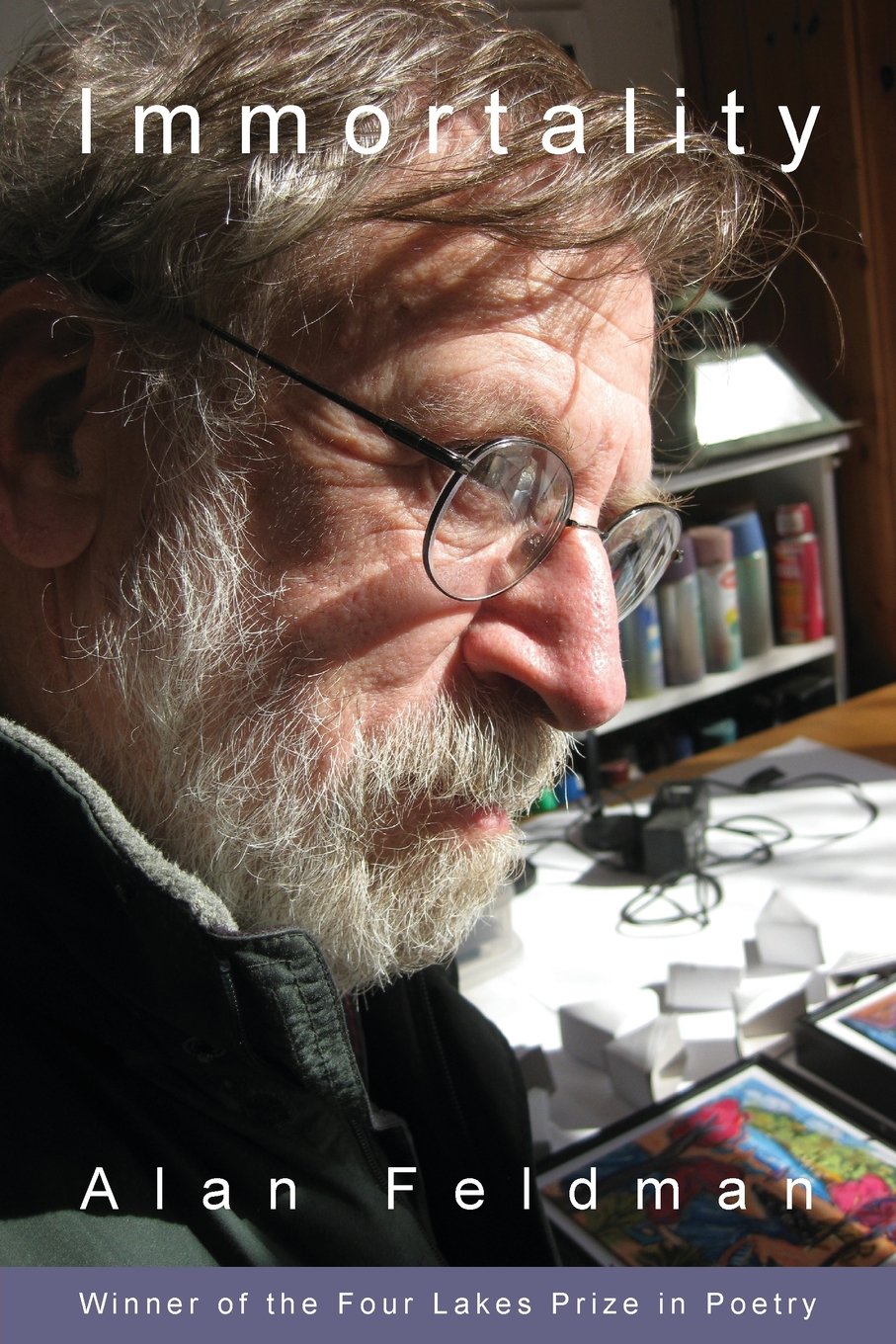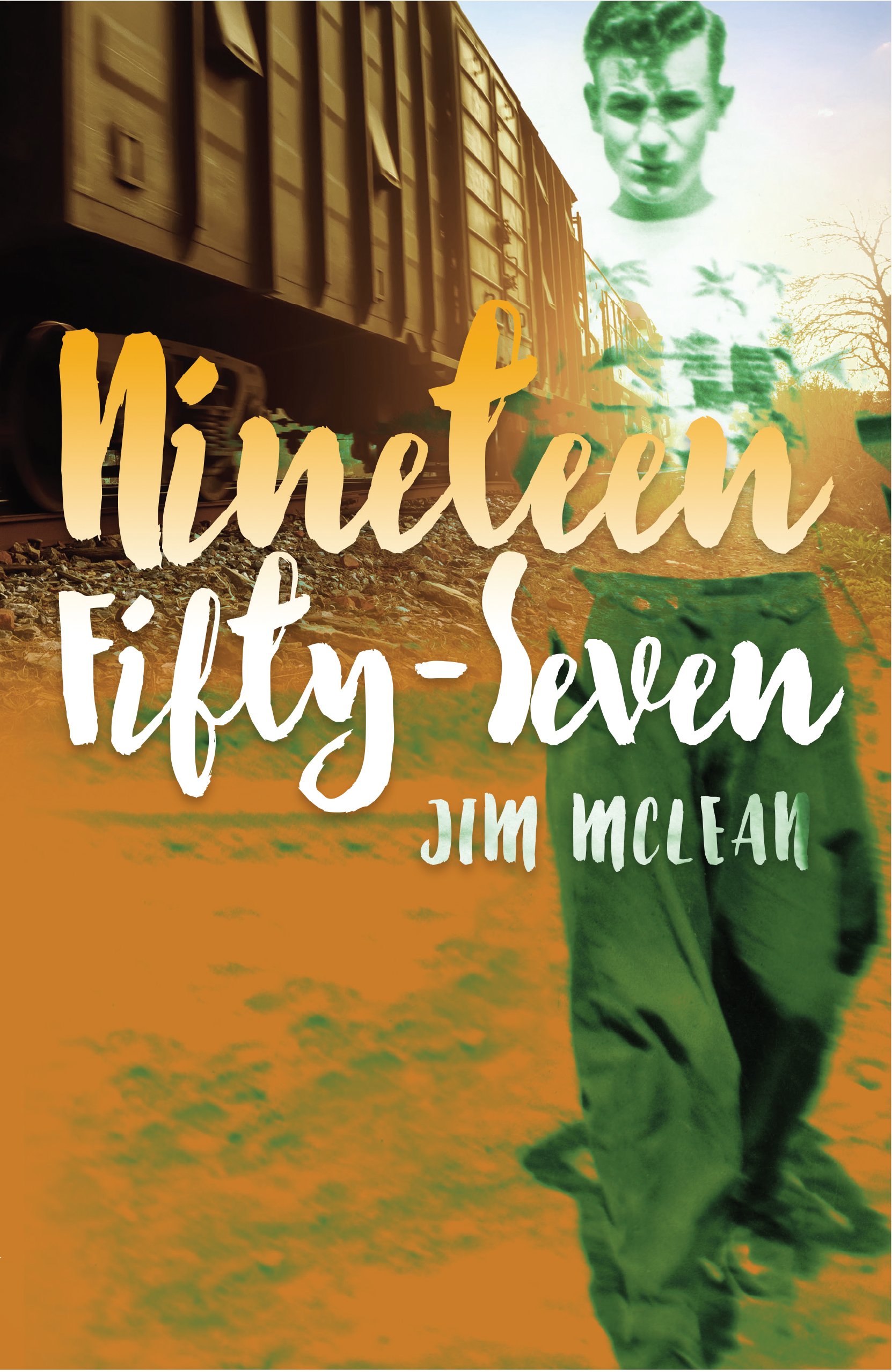Resisting Arrest, poems to stretch the sky. Edited by Tony Medina. Jacar Press. Durham, North Carolina. 2016.

The anthology Resisting Arrest, poems to stretch the sky is not Black Lives Matter but Today's book of poetry is convinced it may be the most authentic volume that voices the same concerns. The last thing in the world Today's book of poetry wants to do is to 60-year-old-white-mansplain the races issues of the day so I will try to tell you about why these poems matter.
Sometimes the truth is a hard read but these poems propel the reader into a small part of the reality over 40,000,000 Black Americans, over 1,000,000 Black Canadians face daily, systemic racism.
Resisting Arrest reads like poetry as indictment of a broken society.
How We Could Have Lived or Died This Way
Not songs of loyalty alone are these,
But songs of insurrection also,
For I am the sworn poet of every dauntless rebel the world over.
Walt Whitman
I see the dark-skinned bodies falling in the street as their ancestors fell
before the whip and steel, the last blood pooling, the last breath spitting.
I see the immigrant street vendor flashing his wallet to the cops,
shot so many times there are bullet holes in the soles of his feet.
I see the deaf woodcarver and his pocketknife, crossing the street
in front of a cop who yells, then fires. I see the drug raid, the wrong
door kicked in, the minister's heart seizing up. I see the man hawking
a fistful of cigarettes, the cop's chokehold that makes his wheezing
lungs stop wheezing forever. I am in the crowd, at the window,
kneeling beside the body left on the asphalt for hours, covered in a sheet.
I see the suicides: the conga player handcuffed for drumming on the subway,
hanged in the jail cell with his hands cuffed behind him; the suspect leaking
blood from his chest in the back seat of the squad car; the 300-pound boy
said to stampede barehanded into the bullets drilling his forehead.
I see the coroner nodding, the words he types in his report burrowing
into the skin like more bullets. I see the government investigations stacking,
words buzzing on the page, then suffocated as bees suffocate in a jar. I see
the next Black man, fleeing as the fugitive slave once fled the slave-catcher,
shot in the back for a broken tail light. I see the cop handcuff the corpse.
I see the rebels marching, hands upraised before the riot squads,
face in bandannas against the tear gas, and I walk beside them unseen.
I see the poets, who will write the songs of insurrection generations unborn
will read or hear a century from now, words that make them wonder
how we could have lived or died this way, how the descendants of slaves
still fled and the descendants of slave-catchers still shot them, how we awoke
every morning without the blood of the dead sweating from every pore.
- Martin Espada
...
Today's book of poetry fears my lack of proper perspective from the ivory tower of my entitlement but two years ago I did a reading in Bryn Mawr, just outside of Philadelphia, with Lamont B. Steptoe. Lamont is a Vietnam veteran, a poet, publisher, journalist and so on, his books include Kitchens of the Master (Iniquity Press/Vendetta Books) and Uncle's South Sea China Blue Nightmare (Plan B Press, 2013). I can't quote from our conversation that evening except to say that it was a privilege to meet the man. I was able to find the following quote from Lamont during an interview he did with Jordan Green for the American Poets Interview Series:
"I'm an endangered species in American society. I feel like a Jew in Berlin
in 1939. I grew up in the 50's when there was hope, when people thought
that with integration we would overcome segregation, that integration
would solve the problem. But that's not what happened."
How to Not Get Killed by the NYPD.
When you see the pitch-perfect black 4-door shaded windows roll
up on you, don't grip your wheel. Casually look over your shoulder
as a shaded window slips down. Don't think drive-by. Don't remember
history. It's only the police. Keep your hands on the wheel. In plain
view. It's the police. Keep your hands on the wheel. The light will turn
in your favor. Don't drive off. Keep your hands on the wheel. Wait,
with your left foot pressed hard on the clutch, right foot pressed lightly
on the brake. Hands on the wheel. Raise an eyebrow when the police
officer raises a question: what's the speed limit in New York City? Note:
the correct answer is 30, no matter the street, no matter the avenue.,
no matter the faster moving highway traffic, the answer is 30 30.
Don't ask him to clarify. Don't smile. You are anxious. You will smile.
Don't explain when asked why you're smiling. Don't explain
your explanation when asked why you're explaining. Don't say:
we're blocking the road. Don't say: we're triple-parked.
Don't ask them to clarify the infraction. You are the infraction.
Don't remove your hands for the wheel. Accept
that you were pulled over. Accept the fact of the two fingers patting
the badge. Accept the hostile forehead, the condescension of the mouth.
Accept the fact of the wheel, troubling your hands. Accept their power.
Nod.
when they repeat: we could give you a summons. Over & over & over
they will repeat this. Summons. Summons. Summons. We could
give you --.
The light will turn yellow. Red. Don't read the lights as a sign. The light
will turn green again. Don't let them see your jaw set in irritation. Accept
their power. Don't remember the history of police brutality in
New York. Keep.
your hands in plain view. They shoot you in New York. 41 times.
4 times. In your grandmother's bathroom, they will shoot you. In front
of your house, they will call you burglar and shoot you. Don't remember
any of this. Don't ask them questions. Don't nod your head. Keep
Your hands
on the wheel. Don't smile. Don't smile. Don't smile. Keep your hands
on the wheel. There is a right answer to their questions: yes, yes, yes, yes,
yes, yes, yes, you have the power, you have the power, you have the
power, you
have -- Keep your hands on the wheel. Drive off before they arrest you
for sitting too long at a green light. Avoid looking in your rearview
mirror.
They will not drive off before you. They will haunt you in the daylight.
In their smoke-black 4-door (illegally) tinted windows, they mean
to haunt.
...
Resisting Arrest is hot to the touch and hard to read. There is no arguing the unassailable truths in these poems, they shower down like a hard rain. These poems are gut-punch certain and so damned sad that you want to turn back time.
Editor Tony Medina has done an extraordinary thing here, he has brought articulate and impassioned reason and wrapped it in "a terrible beauty", Medina has amassed "Hearts with one purpose alone."
Red Summer, 2015
1
The year
is 2015
Nine holy martyrs are shot
by a man with a scheme
He was nurtured and
weaned on
a textbook of lies
in which slavers and
killers reigned
supreme
Jefferson Davis
Nathan Bedford Forrest
and Robert E. Lee.
2
The devil entered
Vesey's church
disguised as a youth
But the children of god
recognized a hoof
could smell his soot
but clung to their vow
not to give strangers
the sinner's boot
3
They invited him in
to join them in prayer
and so powerful was their
prayer with its African roots
after Daniel Roof completed
his assignment from hell
He said their prayer
almost got to me
almost turned me
said he
Almost bought
the devil to the mourner's
bench
His mind full of bile
he came to defile
A mother played dead
in the blood of her child.
4
a child was shot down
while holding a toy
The police asked questions
but nobody was blamed
The stars in his eyes went
dim in the day
he lay on the pavement
where children played games
5
A man was shot in the
back
while running away
The shooter took aim
as though he were game
the demons are partying
with their buddies, the
fiends, and having a good
time
drinking bad whiskey
and drinking bad wine
6
Red Summer
the year is
2015
For making ends meet
by selling cigs loose
or making a lane change
they will give you the noose
His neck was crushed
in the back of a van
he got "the wild ride"
he could breathe no more
They found her dead on
the jailhouse floor
A grand jury looked
and issued a tome
They blessed the killers
and allowed them to roam.
Go and kill again the
suburbs said,
we got
your back when you shoot
a black in the back
7
When Dorsey got news
that both wife and child were
dead
that's our mood
in this summer of dread
The spirit was his guide
when he wrote that great song
but who is the god
who will take our hand
and who is the god
who will lead us on?
8
"Don't you get weary"
Martin said when he
spoke of his dream
His words have kept us
from drowning in screams
in this bloody summer
of 2015
Where killers and murderers
reign supreme and
demons are partying with their
buddies the fiends, and having
a good time
drinking cheap whiskey
and drinking Ripple
9
You brought down the flag
you all joined hands and
cried
but you still have
highways and buildings
honoring those who
committed high crimes
Who didn't want people to
be free
Jefferson Davis
Nathan Bedford Forrest
and Robert E. Lee.
- Ishmael Reed
...
Today's morning read was a somber and serious affair. Sometimes all you have to offer, as a reader, is respect. We read the poems in Resisting Arrest, poems to stretch the sky and then Kathryn, our Jr. Editor, suggested that as measure of that respect we include all of the poets from the anthology in today's blog.
Lamont B. Steptoe does not appear in this blog but we met him through our great friend Frank "Chui" Fitzgerald and thought our Philadelphia conversation added some perspective. Today's book of poetry takes our hat off to Lamont.
Here are the voices you'll get to hear in Resisting Arrest:
Jane Alberdeston Coralin
Abdul Ali
Lauren K. Alleyne
T.J. Anderson III
Jabari Asim
b: william bearhart
Zeina Hashem Beck
Tara Betts
Roger Bonair-Agard
Derrick Weston Brown
Jericho Brown
Mahogany L. Browne
Ana Castillo
Ching-In Chen
James Cherry
Kwame Dawes
Joel Dias-Porter
LaTasha N. Nevada Diggs
Mark Doty
Michell L.H. Douglas
Rita Dove
Cornelius Eady
Kelly Norman Ellis
Martin Espada
Adam Falkner
Malcolm Friend
Ross Gay
Maria Mazziotti Gillan
Brian Gilmore
Keith Gilyard
Veronica Golos
Jaki Shelton Green
Rachel Eliza Griffiths
Minal Hajratwala
Joy Harjo
Niki Herd
Everett Hoagland
Rashidah Ismaili
Esther Iverem
Reuben Jackson
Patricia Spears Jones
Quincy Scott Jones
Allison Joseph
Douglas Kearney
Ruth Ellen Kocher
Yusef Komunyakaa
Nile Lansana
Raina J. Leon
Kenji C. Liu
Haki R. Madhubuti
devorah major
Jamaal May
Tony Medina
Kamilah Aisha Moon
Thylias Moss
Ricardo Nazario y Colon
Marilyn Nelson
Rae Paris
Boa Phi
Khadijah Queen
Camille Rankine
Ishmael Reed
Tennessee Reed
Kim Roberts
Metta Sama
Sonia Sanchez
Jon Sands
Danny Simmons
Marilyn Singer
giovanni singleton
Lynne Thompson
Venus Thrah
Askia M. Toure'
Quincy Troupe
Frank X Walker
Jerry W. Ward, Jr.
Afaa Michael Weaver
Marvin K. White
Phillip B. Williams
L. Lamar Wilson
This choir of poets will bring down the house. Their harmonies so beautiful and complex you can almost stop believing that they are screaming for their lives.
BLACK LIVES MATTER. Damned right they do.
Jacar Press may have produced the most important book of poetry you'll see this year.
...
jacarpress.com
546
DISCLAIMERS
Poems cited here are assumed to be under copyright by the poet and/or publisher. They are shown here for publicity and review purposes. For any other kind of re-use of these poems, please contact the listed publishers for permission.
We here at TBOP are technically deficient and rely on our bashful Milo to fix everything. We received notice from Google that we were using "cookies"
and that for our readers in Europe there had to be notification of the use of those "cookies. Please be aware that TBOP may employ the use of some "cookies" (whatever they are) and you should take that into consideration.






